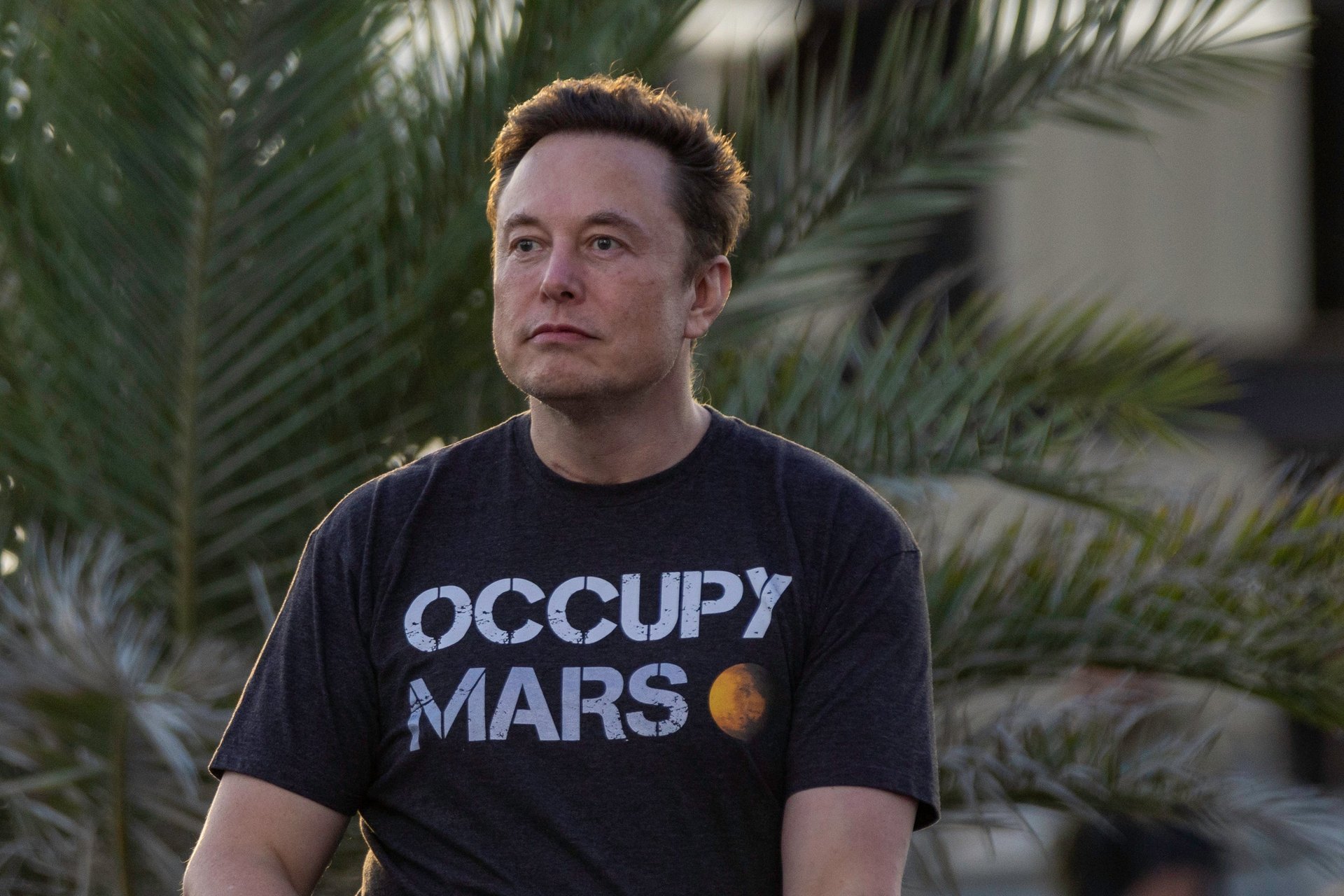Elon Musk says media bias means he can’t get a fair trial in San Francisco
The billionaire Twitter owner prefers Texas, where Tesla is now headquartered

Elon Musk is the second-richest person in the world and the principal owner and CEO of three multinational companies, but he claims he cannot get a fair trial in San Francisco. Why? The local media in San Francisco is too biased against him.
Musk’s lawyers made this claim (pdf) in federal district court on Friday, Jan. 6, in a Tesla shareholder lawsuit stemming from his tweets claiming he had secured investment to take the automaker private in 2018. (One of the lawyers is Quinn Emanuel partner Alex Spiro, who until recently, was advising Musk at Twitter.)
“[T]he recent local media coverage has created an environment that encourages the District’s jury pool to hold negative biases against Mr. Musk’s use of Twitter,” Musk’s lawyers wrote in a court filing.
Musk formally requested to change the court case’s venue to the Western District of Texas, which covers Austin, where Tesla moved its headquarters in 2021.
Musk says San Francisco jurors are too biased against him
According to Musk’s attorneys, the local media in San Francisco is so biased against Musk that he cannot be fairly tried by an impartial jury.
“Since October 2022, the local press has published stories accusing Mr. Musk of encouraging and personally participating in the purported spread of misinformation on the platform,” lawyers wrote. “This negative and prejudicial publicity thus infects a core issue in this case. Potential jurors that hold negative opinions about Mr. Musk’s use and relationship with Twitter generally as a result of this coverage will be unable to separate this baseline bias from the facts in this case and thus be unable to impartially evaluate Mr. Musk’s conduct.”
In the filing, Musk’s attorneys took issue with the volume and tone of local coverage of the billionaire, claiming that newspapers including the San Francisco Chronicle incessantly write about Musk and unfairly scrutinize his words and business dealings. Additionally, Musk’s team wrote that Twitter’s recent layoffs—which affected about half of Twitter’s estimated 7,000-person workforce—may further bias the jury pool.
The Chronicle, the suit claims, published 677 articles about Musk in 2022 and compared that figure to the output of the Texas Tribune, which predominantly covers politics and not business, and only published two stories about Musk in the same period. (Austin’s daily newspaper, the American-Statesman, was not mentioned in the lawsuit. It routinely covers Musk and his business dealings in and around Austin.)
Despite his protestations, the Twitter story is global—not national, and certainly not limited to the bounds of San Francisco. Surely, the Chronicle and its peers may cover Musk more closely than the Austin press corps. But the citizens of both metropolitan areas are informed by the omnidirectional glut of news about Musk. Changing venues might give Musk a more sympathetic judge or jury pool, but the local news environment in San Francisco has not so tarnished Musk’s reputation that he can never stand trial there.